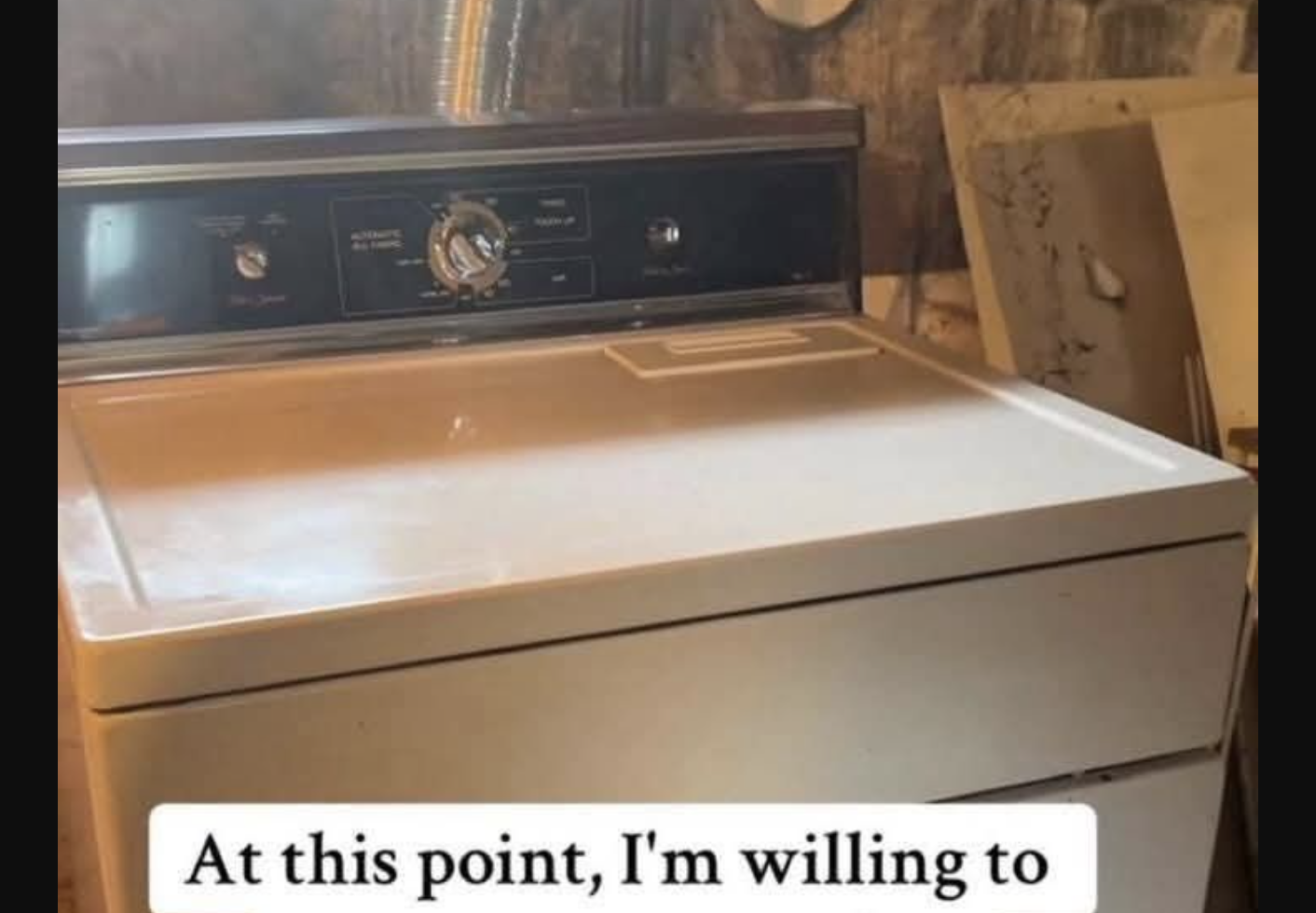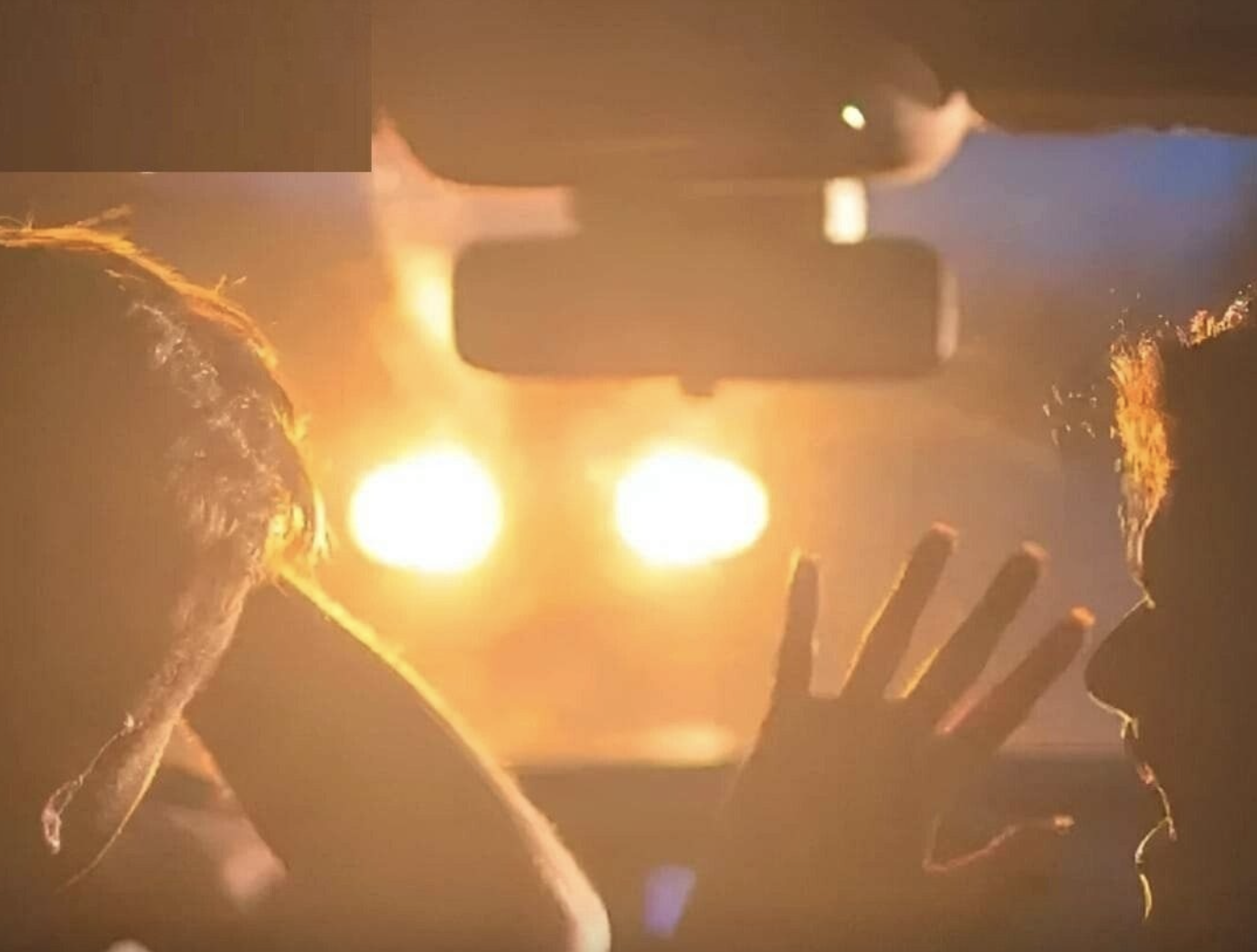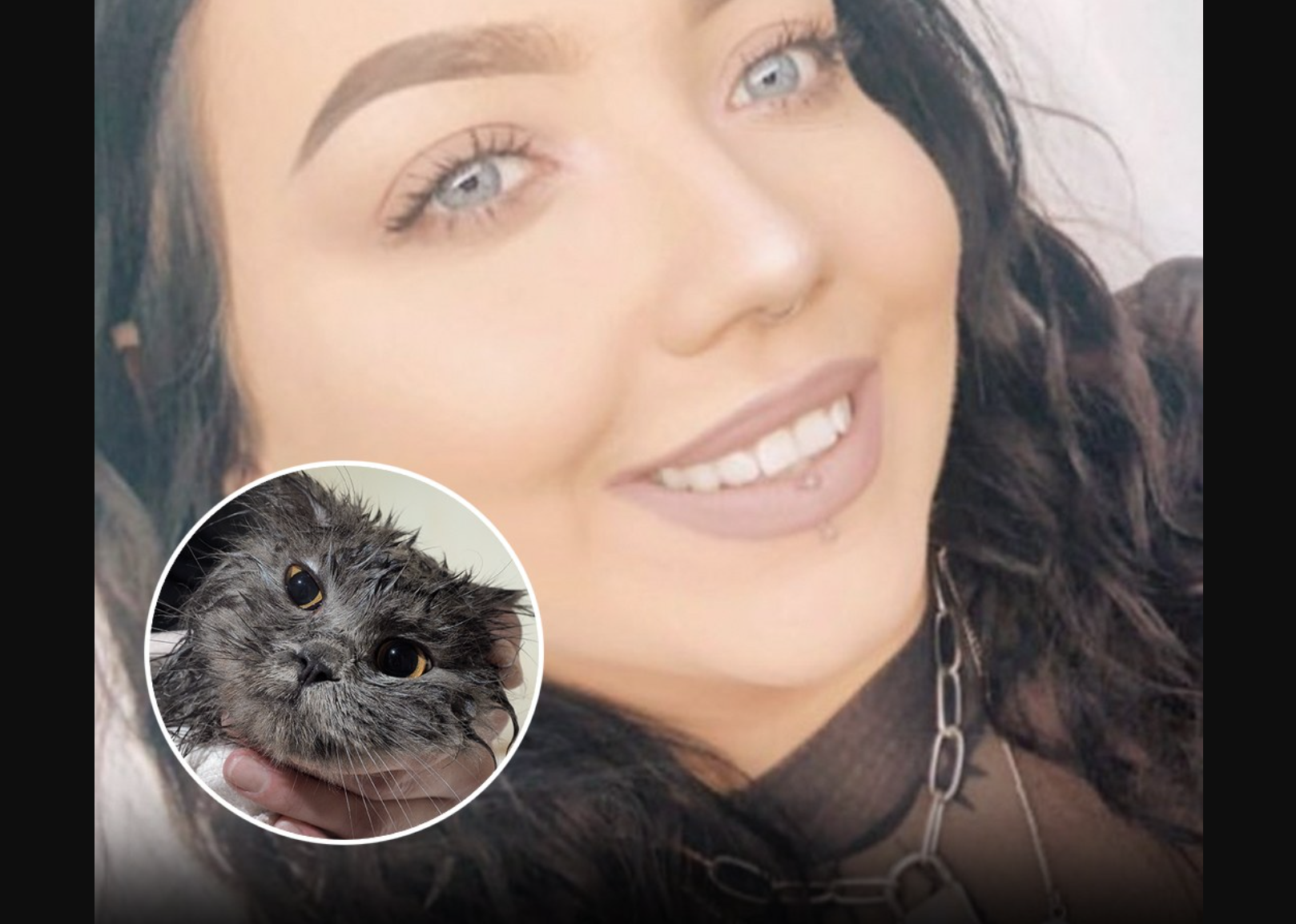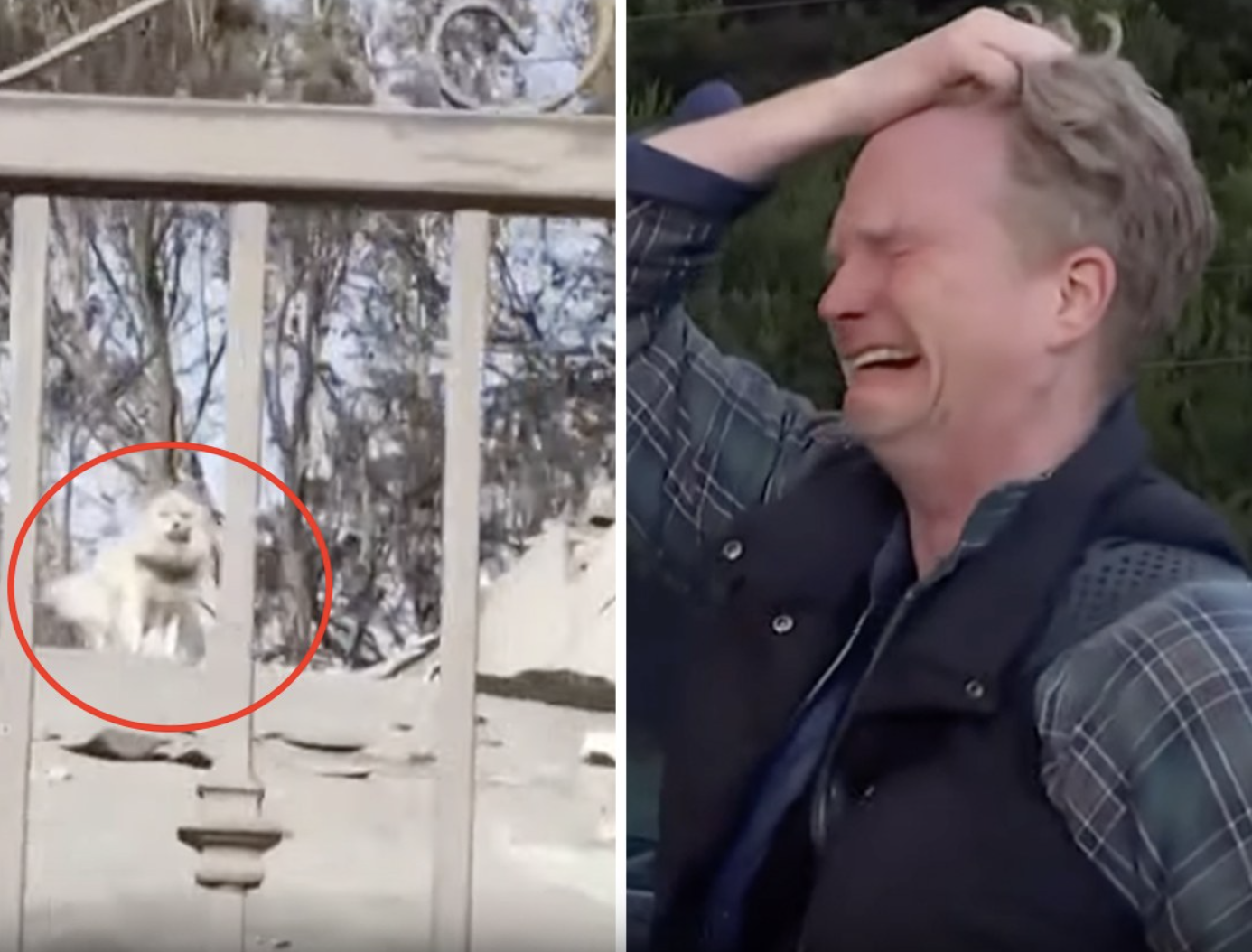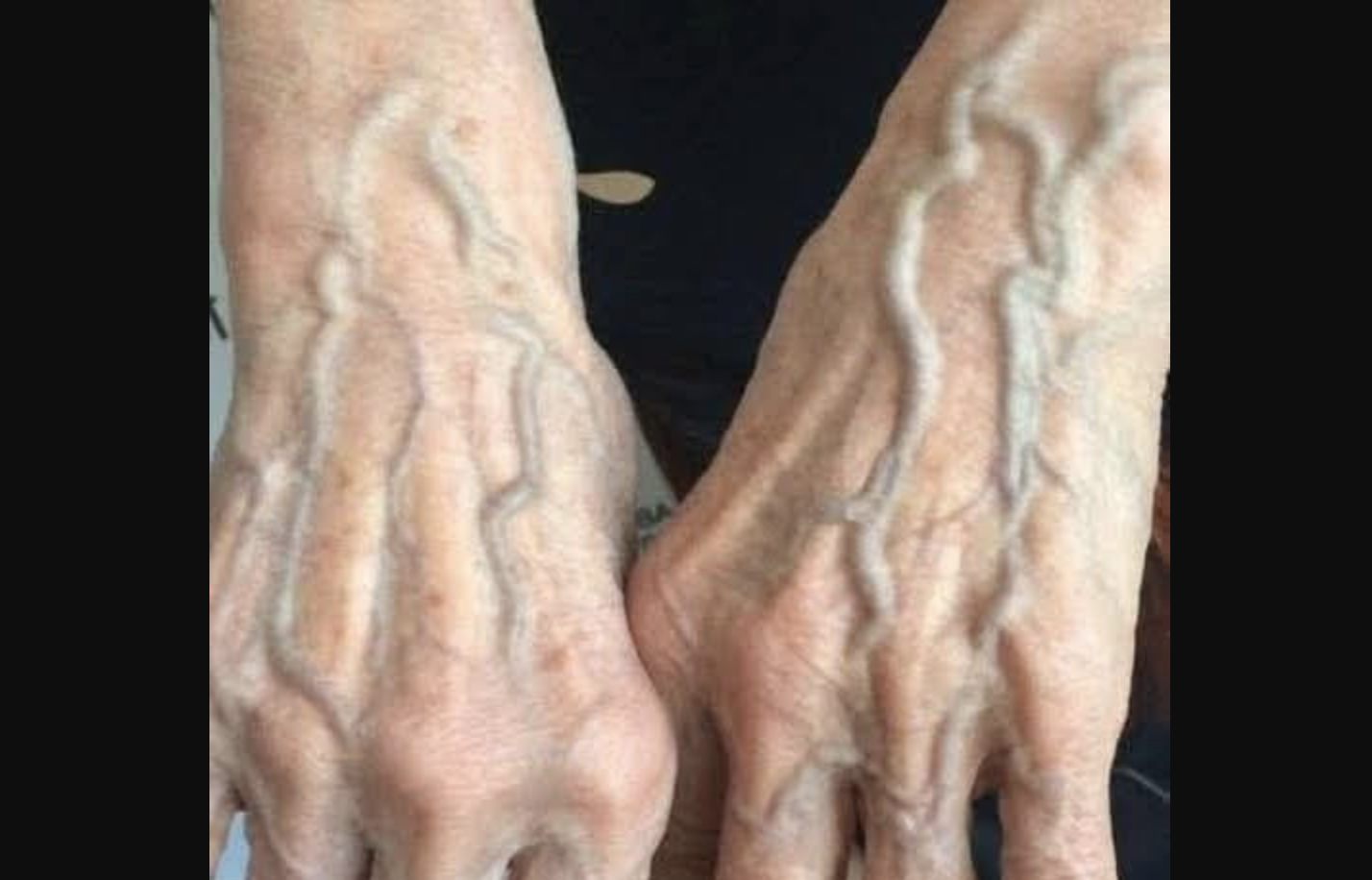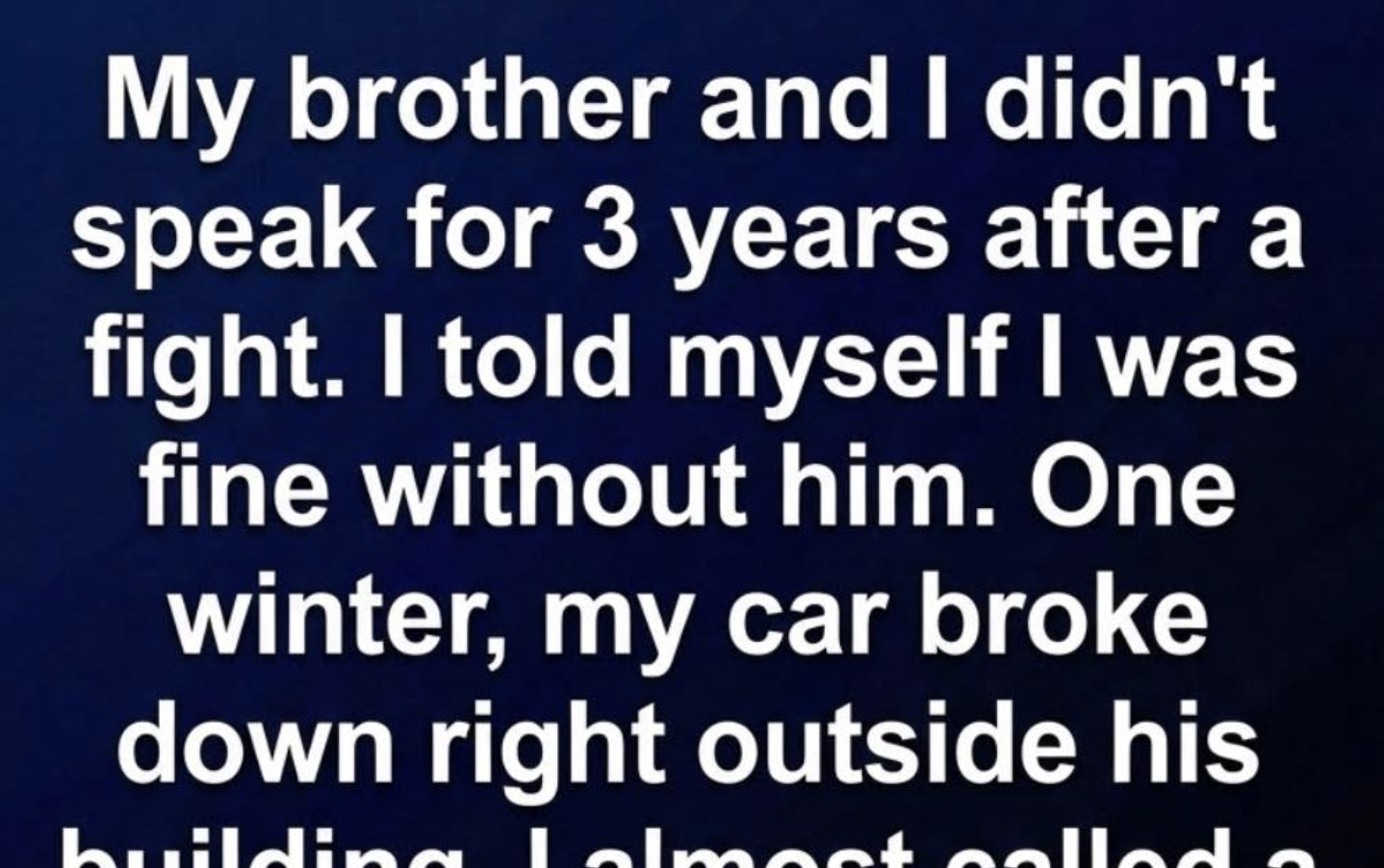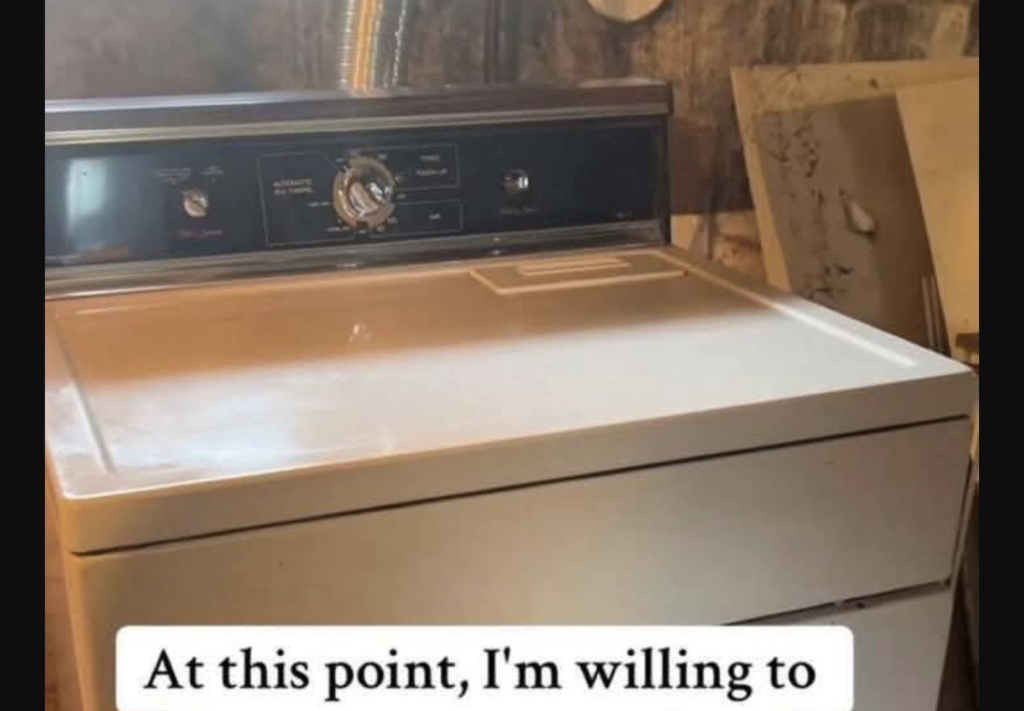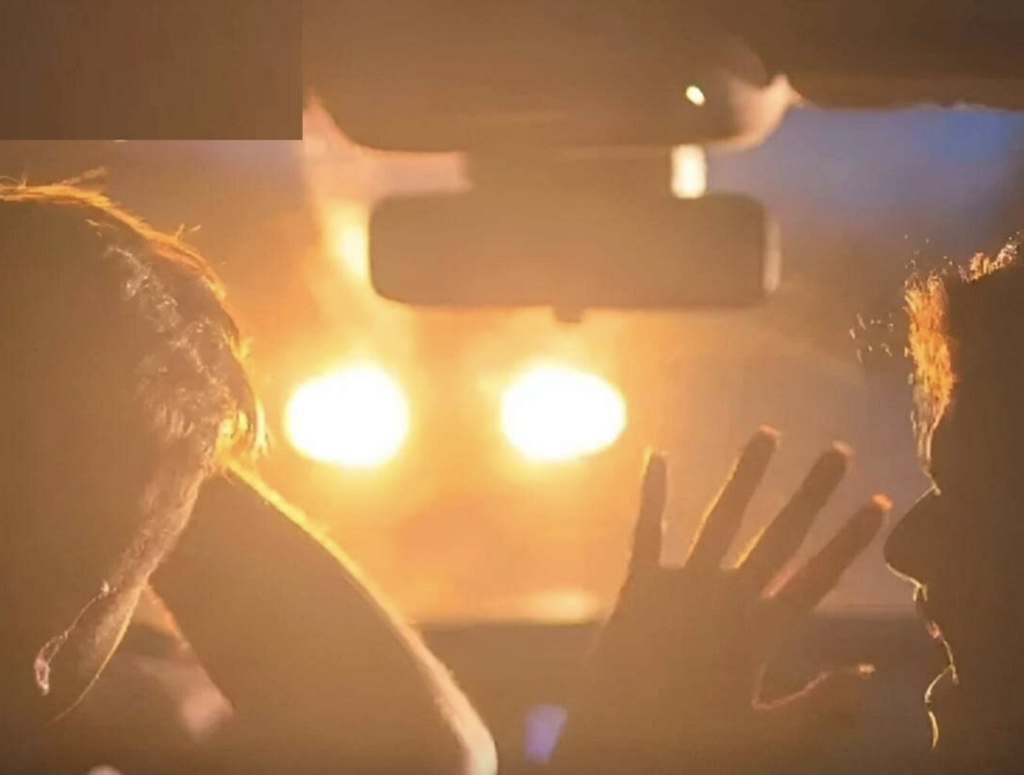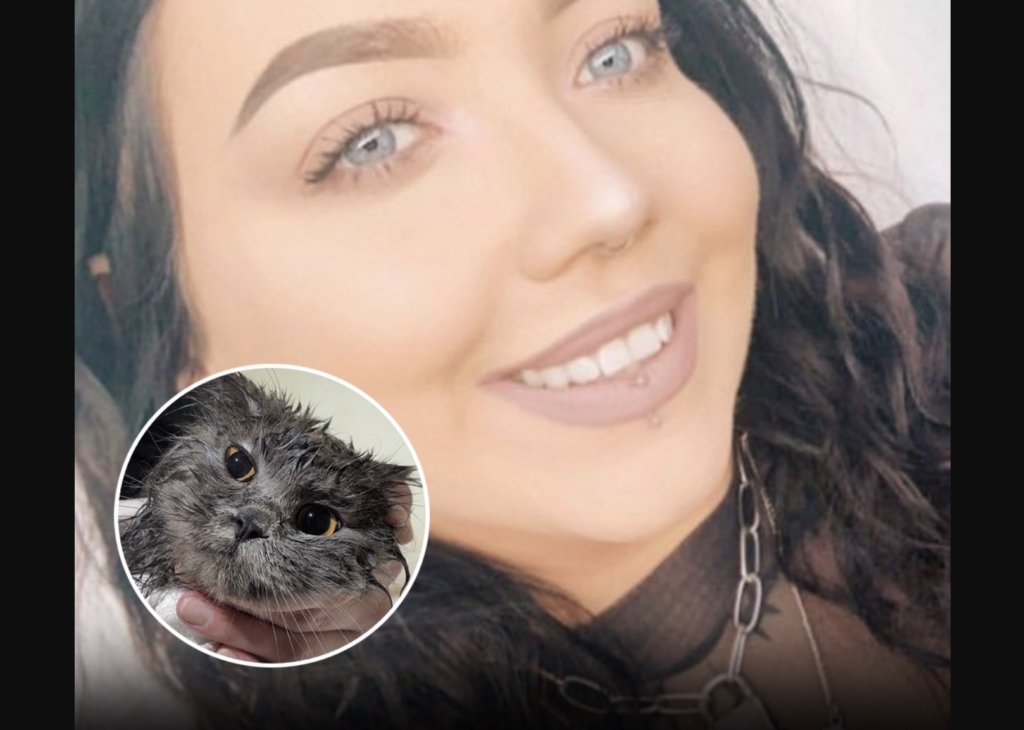When I was six years old, my biological father walked away from our family, leaving a void that seemed impossible to fill. My stepfather, Mark, entered my life soon after, taking on the role of raising me. Despite his efforts—cheering at my school plays, patiently teaching me how to balance on a bicycle, and attending every parent-teacher meeting—I kept my distance. In my heart, letting Mark in felt like erasing the memory of my real father, even though he had long since vanished.
At eighteen, I left for college, eager to carve my own path. I didn’t reach out to Mark, nor did I return home to visit. For five years, an unspoken barrier grew between us, built by my silence. Then, one cold winter morning, my mother’s voice broke through the quiet. Her words quivered as she shared that Mark was gravely ill. I rushed home, but it was too late—he had already passed. At his funeral, my mother handed me his weathered jacket, her eyes soft with grief. “He wanted you to have this,” she murmured.
Overwhelmed by pain and resentment, I shoved the jacket into the depths of my closet, unwilling to face what it represented. To me, it was merely a reminder of the man I had pushed away. Time moved forward, and years later, while sorting through my belongings, I decided to donate the jacket. Before giving it away, I reached into its pocket and stopped. My fingers brushed against a folded note and a faded photograph of myself as a child, gap-toothed and beaming with joy.
The note, in Mark’s steady handwriting, read: “Even if you never saw me as your father, raising you was the greatest privilege of my life. I’m proud of you, and my love for you will never fade. Mark.” Tears welled in my eyes as I sat on the floor, holding the jacket close. In that moment, my resentment dissolved into profound regret. Mark’s love had been unwavering, even when I offered none in return. From that day, I vowed to live in a way that honored his memory. Often, the truest love comes not from shared blood, but from those who choose to stand by us.

